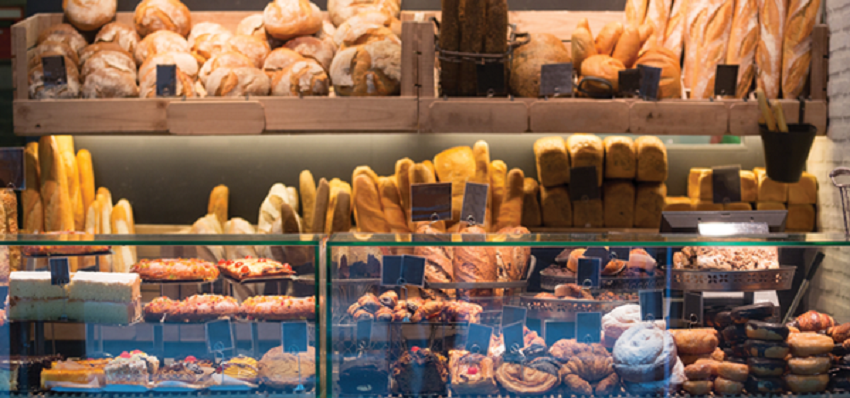
Key Factors to Consider When Selecting Bakery Case Manufacturers
Manufacturers made a warm space beloved for its handmade baked goods. They rely on ovens and display cases to keep their bakery running smoothly.
Ovens come in a variety of sizes and types. Refrigerated display cases are ideal for displaying frosted items, while non-refrigerated ones are great for bread and bagels.
Quality
Bakery cases keep desserts and other food items at a safe temperature until they’re ready to be served. They also help attract customers and boost impulse sales. Many of these cases are made with glass and metals that are durable and rust-resistant. They also feature a straightforward design that makes them easy to see.
These cabinets have forced air systems that use fans to circulate cold air throughout the cabinet. They’re ideal for bakery items, prepackaged products, and some deli applications. They’re available in dual-service, full-service, and self-service models.
Besides their superior technology, these cases are designed to reduce energy consumption and improve waste management in bakeries. In addition, they allow for easy maintenance and provide customers with a better experience. As a result, they’re an excellent choice for businesses looking to become more sustainable. This is especially important for those in the food service industry, where safety is paramount.
Design
A refrigerated display case is essential for your deli, restaurant, cafe, or bakery. It not only showcases your mouthwatering creations, but it also helps keep them fresh and enhances sales. In addition, modern bakery cases are designed with energy efficiency in mind.
Forced air systems use fans to circulate cold air throughout cabinets, ensuring that food contents stay at safe serving temperatures. They are typically used for bakery, prepackaged products, and deli applications.
No bakery manufacturer wants to flush excellent products down the drain, but cleaning and sanitation can be expensive and time-consuming. Many case manufacturers now use hygienic pigging systems to reclaim water, flavorings, and other product residue from pipelines after changeovers, reducing waste and saving energy, cleaning chemicals, and resources.
Installation
Bakery cases are essential to a bakeshop or cafeteria, keeping pastries and desserts fresh and visually appealing to customers. They are also designed to protect them from airborne pathogens and germs. They also help to streamline inventory management and save space.
Refrigerator bakery cases are the dominant type of display cabinet in the market, accounting for over 50% of sales in terms of unit volume. They use forced air systems, with fans circulating cold air throughout the cabinet to keep food contents relaxed. They are ideal for bakery, prepackaged, and some deli applications.
Some offer a suitable model for your business, whether you need a refrigerated bakery case or a non-refrigerated one. Their high-volume bakery cases feature sloped front glass for increased visibility and maximum product capacity. Their Glass bakery and deli display cases offer a style and function for a more upscale look. They come in floor-standing units or for countertop installations. They include a lift-up front glass pane and rear access for easy servicing.
Maintenance
Bakeries and cafes have long used bakery display cases to showcase tempting desserts and croissants to entice customers. Now, they are also helping appease customers’ COVID-19 concerns by providing a safe distance from unpackaged products while acting as functional sneezeguard shields.
To help maintain a clean operation, they recommend using a hygienic bakery case designed with easy-to-clean surfaces and features such as stainless steel or glass easily cleaned by staff. It is also important to regularly perform in-depth cleaning sessions and check all visible parts for damage, wear, or stains that could cause contamination. Keeping backup spare parts on hand for quick repairs will shorten downtime while saving money and improving efficiency.
Another maintenance practice is ensuring all equipment has proper thawing and storage facilities, including hoods, for efficient dust collection. Experts say detailed cleaning logs are also crucial to maintaining consistent cleanliness standards. Finally, it is helpful for bakeries to have a clear food safety strategy that includes sanitation standard operating procedures, hazard analysis, and critical control points (HACCP). They also suggest reviewing documentation of all ingredients and finished goods supplied by suppliers, which should include foreign material removal considerations.